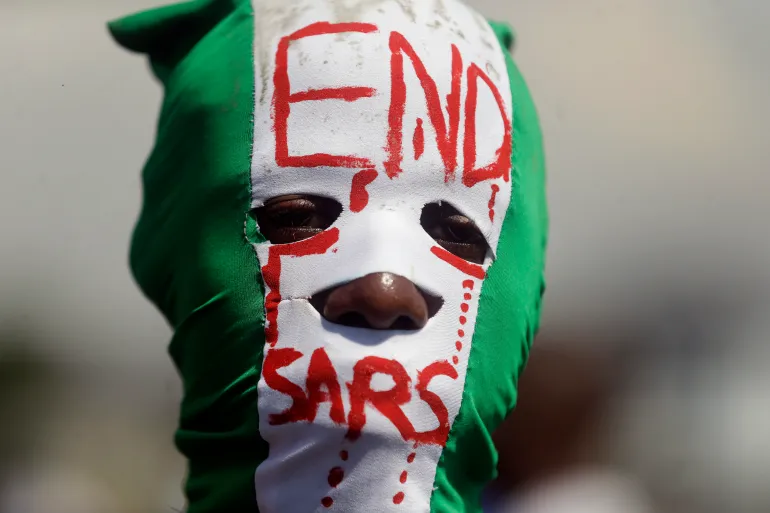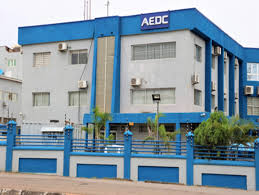Five Years After #EndSARS, Victims of Police Brutality Still Await Justice

Five years after the tragic night at the Lekki tollgate, victims of the #EndSARS protests and their families say they are still waiting for justice and compensation, despite repeated government promises of accountability.
Agbeze Ifeanyi Matthew, 35, still bears the scars of that night. He was among hundreds of young Nigerians who gathered at the Lekki tollgate on October 20, 2020, waving national flags and singing the anthem when soldiers opened fire on unarmed demonstrators.
“I had lost a lot of blood because there were two openings. While I was being treated, I could hear the doctors and nurses talking, but I couldn’t react or open my eyes. I thought I was going to die,” Matthew told Al Jazeera, recounting how a bullet pierced through his chest and back, fracturing two ribs.
Matthew was one of the lucky ones to survive. That night, now remembered as the Lekki Massacre, left at least 48 people injured and several dead after security forces opened fire on peaceful protesters demanding an end to police brutality.
The #EndSARS movement — named after the now-disbanded Special Anti-Robbery Squad (SARS) — began as a youth-led campaign against decades of police harassment, extortion, and killings. Demonstrators, many of whom had been profiled and brutalized by SARS officers, called for police reform and better governance.
But the government’s response was violent. Protesters across major cities faced tear gas, water cannons, and eventually live ammunition.
In the aftermath, the Lagos State government promised to deliver justice and set up judicial panels of inquiry. However, five years later, victims say little has changed.
Human rights experts say the Nigerian justice system has failed to hold security agencies accountable. “It is reflective of the failure of our justice system,” said Anietie Ewang, a Nigeria researcher at Human Rights Watch. “If you have a justice system that cannot hold security forces or government actors accountable, then we will continue to see this kind of impunity.”
Many survivors like Matthew continue to live with both physical and emotional scars, while families of those killed wait for answers — and justice that remains painfully out of reach.



